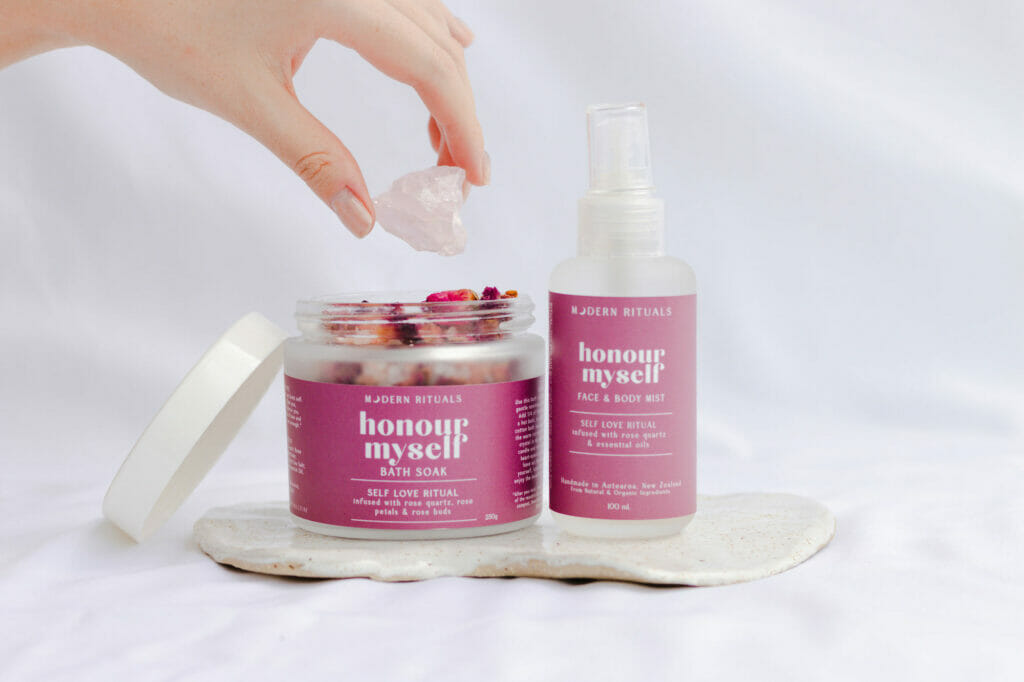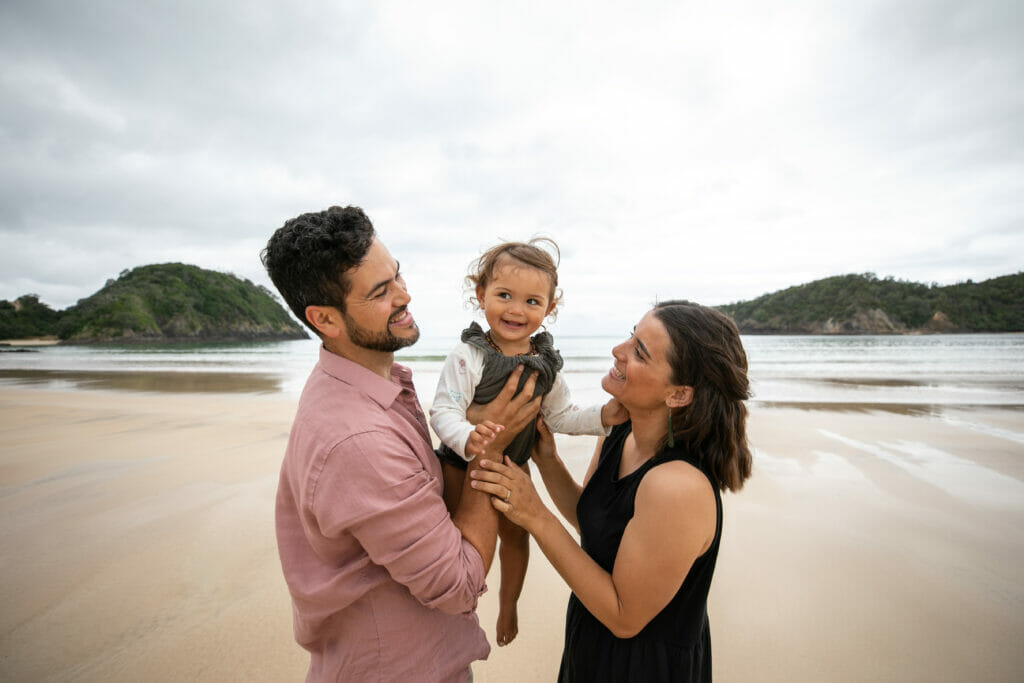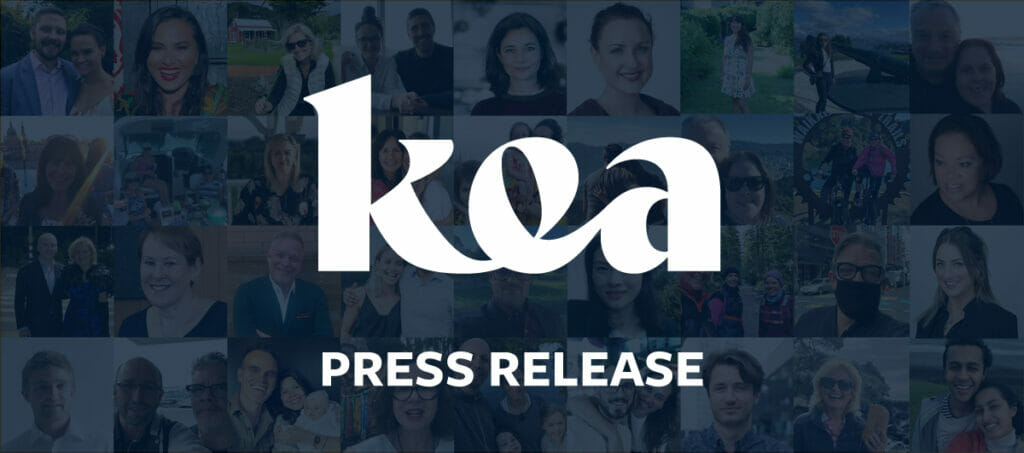
Peri Drysdale, Founder and CEO of sustainable New Zealand fashion brand Untouched World, was quick to pivot her business to try and help mitigate the severe shortage of PPE gear when the Covid crisis hit. An ex-registered nurse, Peri combined her deep understanding of infection control with her team’s extensive knowledge of fabrics, pattern making and production, working with the help of Callaghan Innovation and a team of scientists to research the best options for comfortable and high performing re-usable protective wear.
After a short but intense period of product development, and with full barrier control in place, Untouched World commenced production of their Ecoprotect™ range of masks in New Zealand. Peri explains “Our masks are unique in that they’re washable and reusable to help address supply issues and minimize waste to landfill. We’ve always considered people and the planet in everything we make, so designing and making masks was no different. We make all the masks in our own workrooms in New Zealand using natural materials, and they’re autoclaved after packing so they are sterile and ready for immediate use”. She is quick to point out that they are not for medical use and cannot guarantee prevention of infection. The move to making masks saw Untouched World divert their entire manufacturing capacity from clothing to protective wear in just a few short weeks. “It was like starting up a whole new business again” says Peri.
Launching with a simple double-layer surgical style pleat mask, Untouched World then teamed up with Lanaco, another New Zealand based company who supply technical HELIX.iso™ wool filters. This meant Untouched World was able to offer a highly effective filter mask that captures up to 80% of particles larger than 3 microns, and over 95% with the use of two filters at one time.
As the country emerges from lockdown, both businesses and communities look to navigate the new normal. “There’s no doubt there’ll be a lot of people hurting”, Peri says, “but Kiwi’s are great at pulling together in times of need, and this is one of those times that we’ll need each other to get through. We’ve had a lot of people shopping with us and supporting us at this time and we’re certainly looking to pay it forward where we can”. Untouched World is already working on a number of initiatives, from giving away beanies to those feeling the cold this winter to gifting beautiful handcrafted woollen toys to children in need.
If there’s ever been a time when the saying “it takes a village” rings true, it surely has to be now.
HOW KEA CAN HELP YOUR BUSINESS GROW
Kea Connect
Kea Connect is a free service that will help your business grow offshore. We connect you personally with regional, sector-specific experts and peers.
Resources
Kea is here to help New Zealand businesses grow offshore. Be inspired and hear advice from businesses who have created their export path.
Jobs Portal
Looking for the right talent for your team? Reach our global Kiwi community through the Kea international job portal.

 MENU
MENU












